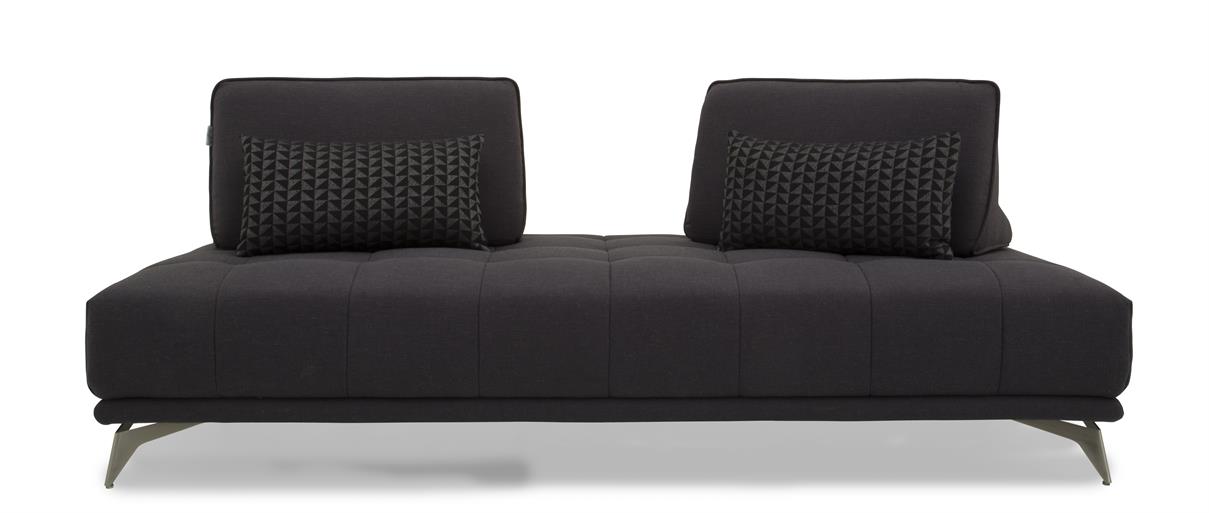Starting your own business is an exciting and nerve-wracking process. If this is where you see your path leading, you’ve already done a lot of the hard work and you’ve already made your decisions on what you want your business to look like. Is it a traditional brick-and-mortar storefront? Or are you riding the digital wave and opening an e-commerce-only store? Maybe a combination of both? Whatever your sales outlet is, you will need to have a reliable source and method of bringing in product – if you’re getting in to the retail business and you don’t have product to sell then you might want to rethink that business model!
It can be a daunting experience, weeding through all the potential suppliers and trying to find the ones that you want to build a working relationship with. You can have multiple suppliers that provide different types of items, and you can also move through various suppliers as the demands of your business grow and markets change. But each time you’ll have to vet and find those trustworthy and reliable sources.
We’ve put together a list that you can carry with you through the years of your business that will help you zero in on the right supplier(s) for your business model. Read on for our recommendations of 5 things to consider when choosing a supplier.
1. Profitability
When it comes down it, a business is a business. Which means you have to find a way make money – you need to cover your basic overhead costs, pay your employees, reinvest in your business, and then of course have some left over for yourself at the end of it.
When choosing a supplier, you want to take a close look at their product costs as well as their policies on MAP pricing, which can greatly affect how you run sales and promotions). Factors like freight, service fees, and regional taxes can impact your overall cost of goods.
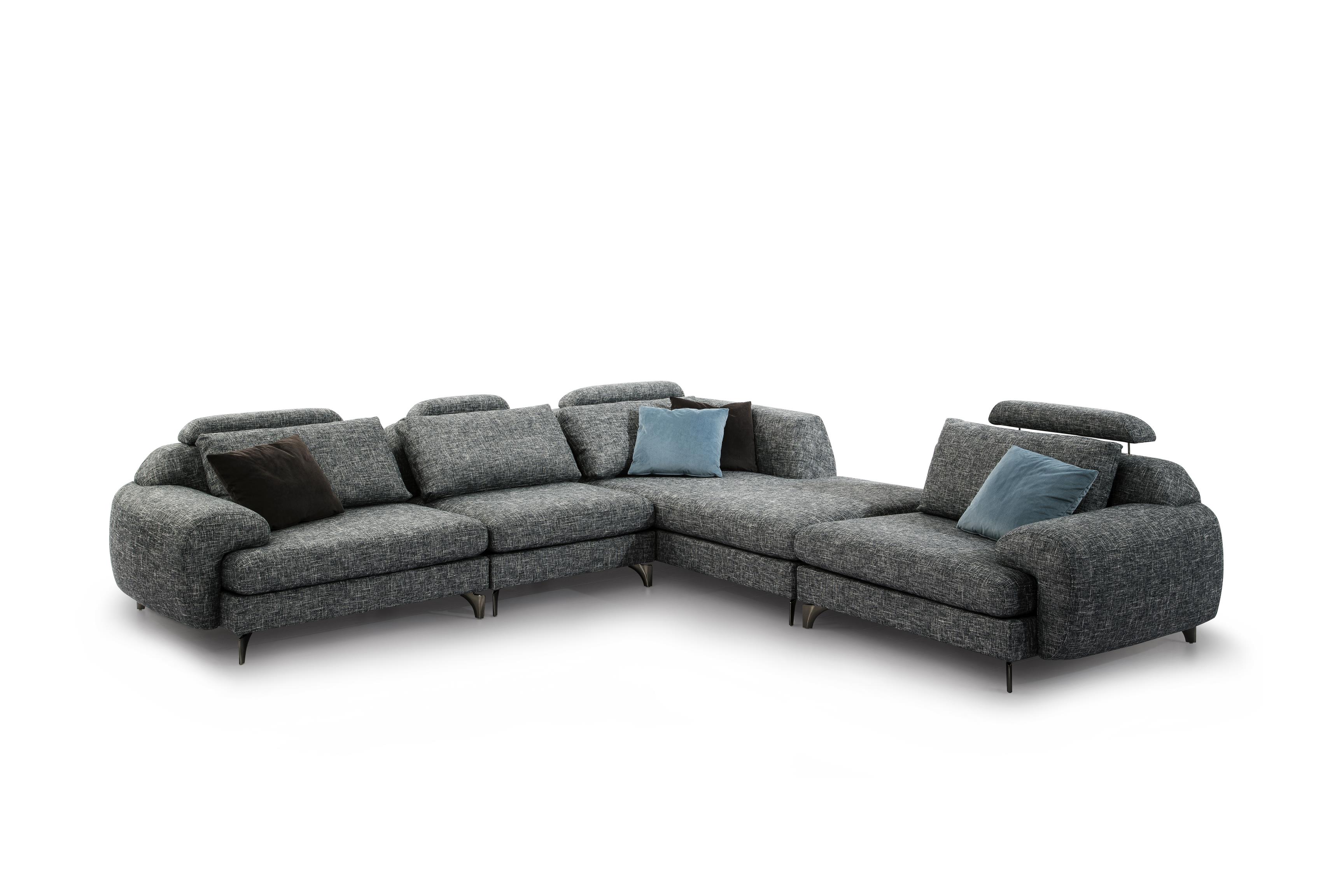 2. Ease-of-Access
2. Ease-of-Access
Locations are important! If you supplier is across the country, or even on the other side of the border, this can affect everything from your cost of goods to shipping policies and times. If you are the type who wants a hands-on approach to buying product, then you will want to choose a supplier who is within your region so you can visit their showrooms and get a closer look at their products.. Or look for suppliers who participate in trade shows so even if you must travel there, you can hit up multiple companies at once.
If your model is more drop-ship focused, then you can look for a supplier with a stronger shipping network regardless of how close they are to you.
Generally, how easy is it to place orders? Do they have a phone-in system, or can you place orders directly online? You will want a supplier with a high-rated, user-friendly website. Placing orders and getting your product should be the simplest part of your relationship with a supplier.
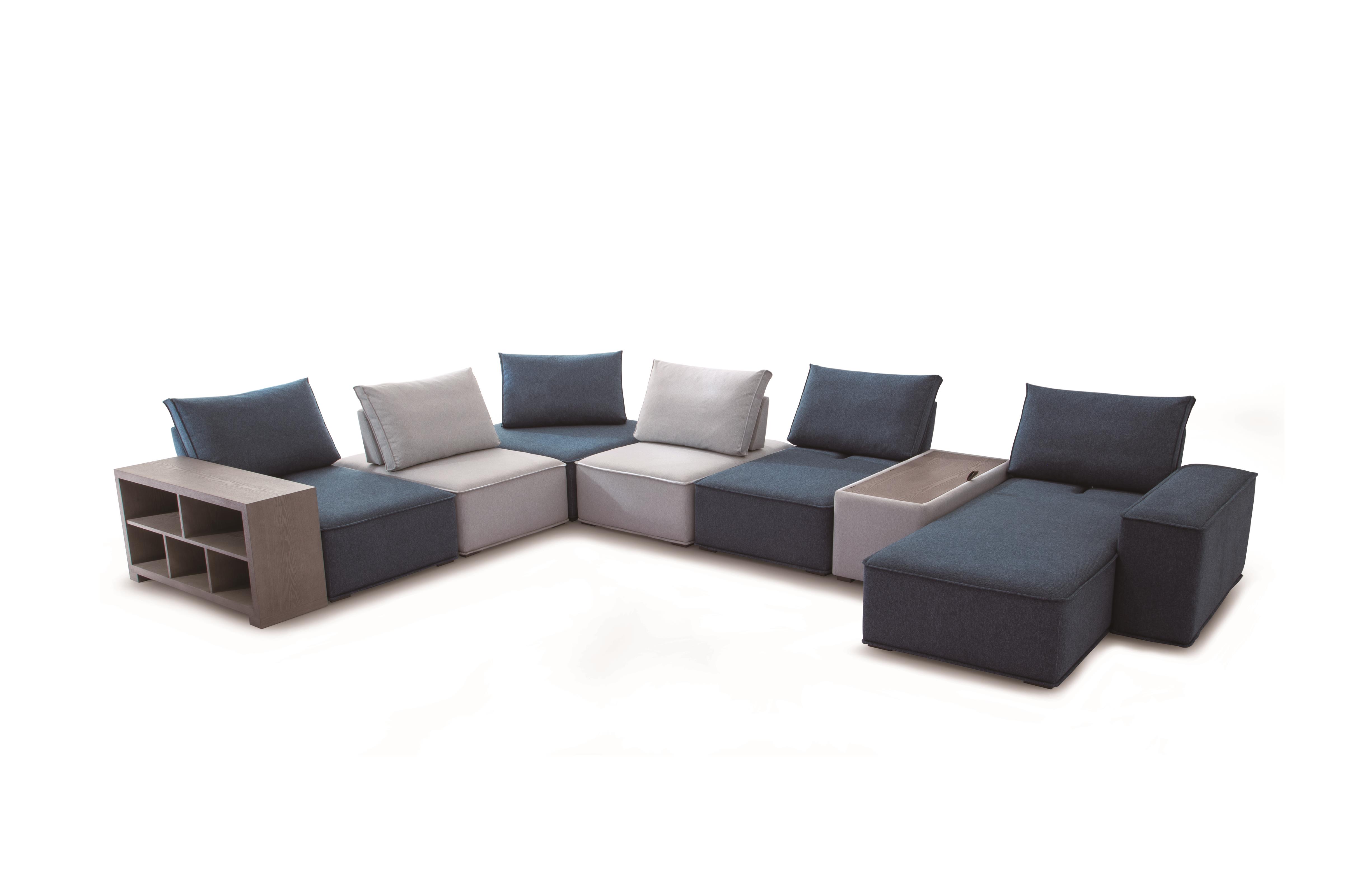 3. Customer Service & After-Sales Warranties
3. Customer Service & After-Sales Warranties
Customer service is what makes a lasting impression on both dealers and end consumers. It’s what will keep you going back to the same suppliers even if they don’t necessarily offer the lowest prices. Many companies have dedicated regional sales reps – are in-person visits from a rep important to you? Or perhaps all you need is an account manager that is readily available when questions and concerns do come up.
For after sales, you will want to know what the supplier’s warranties are. Do they handle service requests like replacement parts or damaged items directly or does the customer have to come through you?
These are all valid, service-related questions that will play an important part in how you select your suppliers.
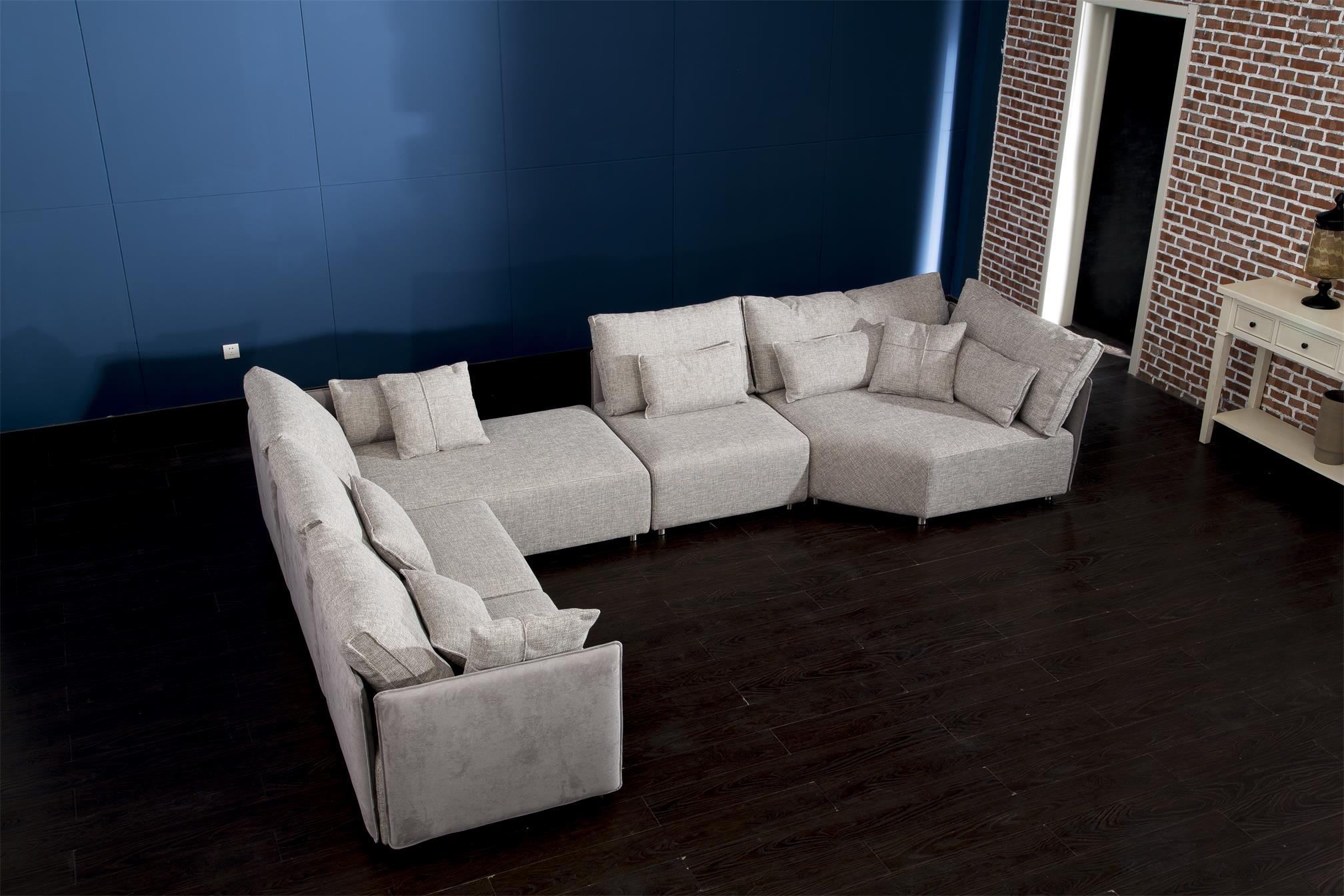 4. Inventory & Selection of Products
4. Inventory & Selection of Products
If you are selling items, you want to make sure you can provide what the customer wants when they want it. That’s why inventory plays a big part in choosing the right supplier.
Are you specializing in chairs for example? You will want a supplier that can fulfill all your chair orders on demand. Look for suppliers with good lead time on inventory fulfillment. And if items do go on back order, how long until they can be completed? Will it be a few weeks or a few months?
Depending again on your business model, you may want a supplier that has a good variety of items. Do they have similar style items that can be a replacement for others when inventory does run low? A good furniture wholesaler, for example, will have a selection of upholstered storage ottomans, in a range of prices, so you will be able to find the pieces to sell that you know your customers are looking for.
What is the turn-around time for the supplied products? How often do items become discontinued? Does the supplier release a varied selection of new items all throughout the year? The more they refresh their stock, the more you can do the same in your stores.
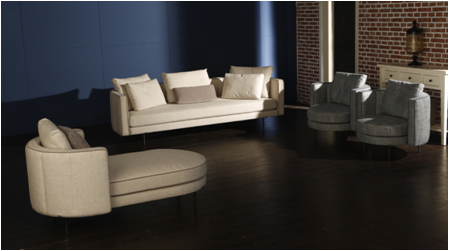 5. Marketing, Promotions, & Social Media
5. Marketing, Promotions, & Social Media
When looking for a supplier, consider how they market their products – both to dealers like you and to the end consumers. Do they like involving their dealers in their marketing? Do they have social media accounts that garner excitement around certain items?
Does the supplier have a policy on promotions? Do they offer promotions to dealers that offer discounted items? How often? Do their promotions need to be reflected in your own? Or do you get free reign on when and how much you want to discount items?
Product reviews are a huge asset in today’s online-driven market. Does your supplier have a database of product reviews on their website? Do they encourage you sharing reviews on your own site? You can also look for reviews on general sites like Google and Yelp but be wary of these as many of the reviews can come from end consumers who may not understand the wholesale business model.
So much to think about! But keep this list as a handy reminder of some of the important things you need to know when searching for a new supplier. If you have some other tried and true tips on vetting and finding quality suppliers in your industry, let us know!







